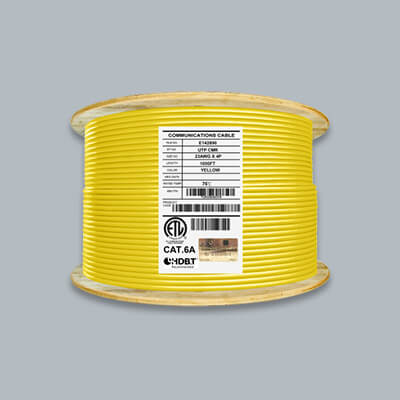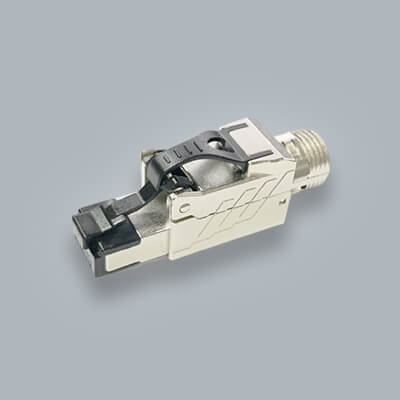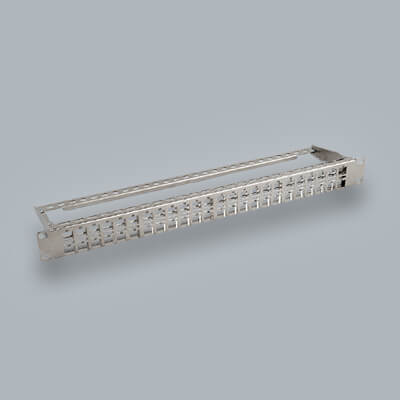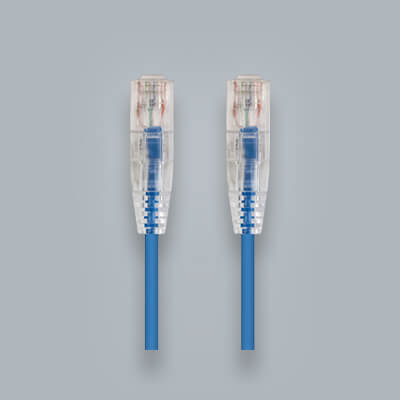What Gauge Wire for Landscape Lighting?

Let's bring some brightness around your home or business! So let's jump in to a blog about what gauge wire is the best for landscape lighting.
Whether your wiring for LED or surrounding outdoor light fixtures this quick and simple guide will show you what cable to select.
Types of Landscape Wiring
There's a couple different options here when it comes to landscape wiring. Luckily we have some of the most popular options in stock to help you.
The most popular gauge sizes you can find are 12/2 landscape wire, 14/2 landscape wire and 16/2 landscape wire.
When you see these numbers in front the cable this tells you the size of the conductors inside the cable. Each of these sizes performs well for different lengths and watts your need for you certain install.
Which Landscape Wire Lighting to Use?
Let's keep this article short and sweet because we've done the hard work for you.
Use AI to Pick Your Wire
Instantly find the correct cable size, type, and voltage using our free AI-powered selector.
Start the Wire Selector →Requires free ChatGPT account
Here's a simple landscape wire AWG size chart you can see to figure out with cable is best for you.
Simply find the length of your cable run and the watts you need for your lighting system. This will give you the AWG size to pick.

The length in this chart goes up to 360 feet and the Watts up to 200. This gives you great coverage for majority of your installations. Most cable runs for outdoor landscape lighting is going to fall in to the 12, 14 or 16 AWG category.
Since we covered an overview of landscape wire let's now get in to some more common question in regards to landscape wiring:
How Far Can You Run 14 Gauge Landscape Wire?
If we take a look at the above chart 14AWG landscape wire is recommended up to 100ft using up tp 90 Watts.
Do You Have to bury Landscape Wire?
The great thing about landscape wire is that you don't necessarily have to bury it. The cables jacket rating gives it the ability to perform in conditions such as sun and rain. If you're landscape wire run require some exposure that is fine. We do recommend protecting your cable as much as you can whether that is in conduit or under awnings. Most landscape wire is buried out of sight.
Does Landscape Wire Need To Be in Conduit?
Low voltage landscape wiring is rated for direct burial use so it does not need to be put in to conduit. We do recommend protecting your cables when you can. You can use conduit in the ground with landscape wire to protect it and also give you the ability to re run wire at a later time if you need to.
How Deep Do you Bury Landscape Wire?
Let's look to the National Electrical Code NEC 300.5 for some numbers here.
For most location in and around your home you want to bury at a minimum of 6 inches.
In a trench below 2 inches you want to bury landscape wire 6 inches.
For more labor intensive areas you are going to see other requirements:
Under streets, highways, roads, alleys, driveways and parking lots you want a minimum of 24 inches.
One and two family dwelling driveways and outdoor parking areas, used only for dwelling related purposed you want to bury 18 inches.
It is important to remember that minimum cover and minimum trench depth are not the same. According to note 1 under the table, cover is defined as the shortest distance in inches between a point on the top surface of any direct-buried conductor, cable, conduit, or other raceway and the top surface of finished grade, concrete, or similar cover. In order to get the proper cover over the top of the wiring method, the overall depth of the trench will need to be deeper than the minimum cover requirements.
Note these numbers are for informational purposes only.
I hope you were able to find a lot of this information useful!
You can shop here for our low voltage landscape wire.
Happy installing !






All the information that you shared with us is very useful for us. Keep sharing…
Thanks Rueben ! Much appreciated
Excellent information, and very informative for someone that is not a professional. Your information will be use to install landscaping lighting.
Thanks for the graph.
In using this graph, do you need to take into account the wire travels TO the lights and BACK to the transformer?
For example, my last light is 80 feet from my transformer. So I had to lay about 125 feet total of wire. However, as the electricity travels to and from the transformer, in order to use the graph for choosing wire gauge, should I be using 125 feet, or 250 feet (125 feet there and 125 feet back for actual electricity travel distance).
The reason I ask is I keep having my transformer breaking by GFCI breaker, and I’m wondering if it’s due to voltage drop? I used a 12/2 gauge wire, have 40 watts worth of LED lights, and a transformer that handles 100 watts. So I thought I’d be fine. But my only explanation is maybe I should have been interpreting it as 250 feet instead of 125 feet?
Thanks!
Gavin